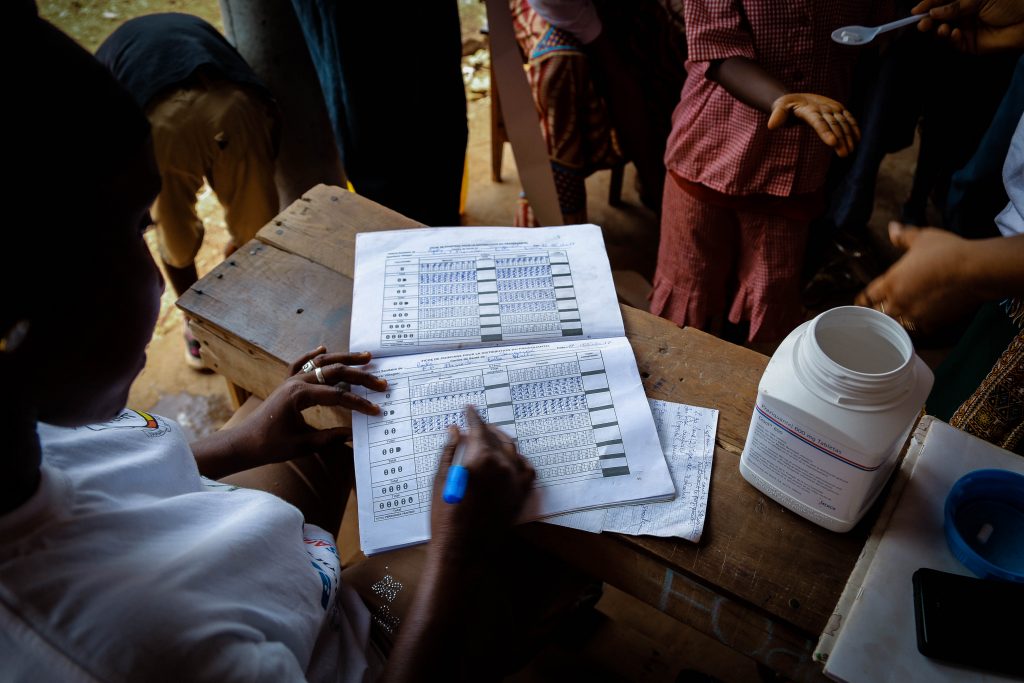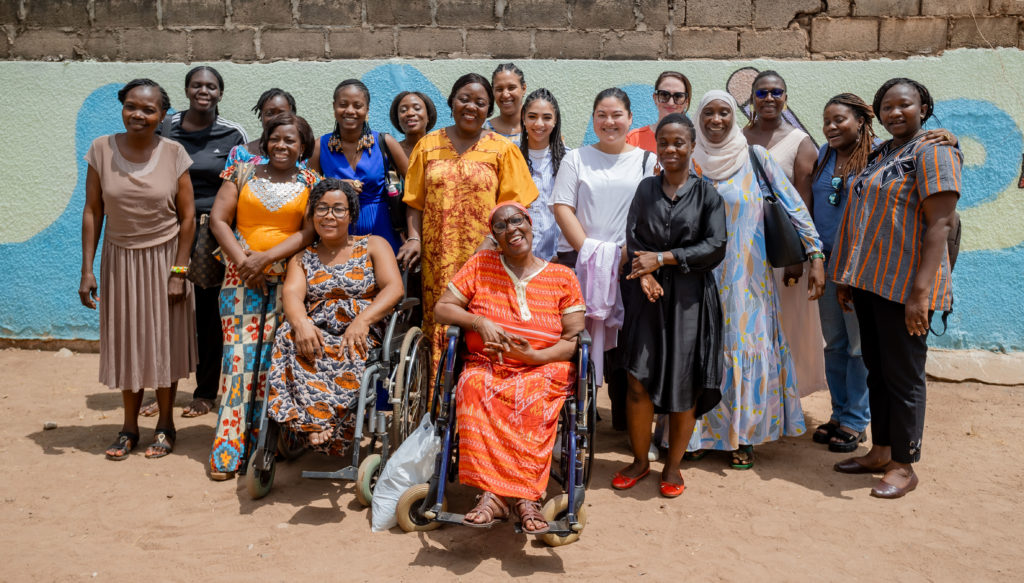WHO Launches Enriched Portal to Improve Disease Data Tracking

The World Health Organisation (WHO) Regional Office for Africa has launched a new and improved version of its online portal, providing better access to more detailed country-specific data relating to Neglected Tropical Diseases (NTDs) across Africa.
Through the Expanded Special Project for Elimination of NTDs (ESPEN), the WHO Regional Office for Africa has made several improvements to its online portal. This user-friendly platform allows Ministries of Health and other users to access data on NTDs on a sub-national level, to identify specific areas where interventions are needed most.
The in-depth, sub-national data provides an accurate picture of NTD prevalence across each country, enabling national NTD programs to make better-informed decisions and distribute resources most efficiently. Specifically, the ESPEN portal provides access to data on the five most prevalent NTDs that respond to preventive chemotherapy (PC–NTDs).
Today, NTDs affect 1.58 billion people globally, 39% of whom live in Africa. These diseases are both preventable and treatable, yet they continue to cause severe disfigurement and other long-term disabilities that create obstacles to education, employment, economic growth and overall development.
Evidence-based decision making against NTDs is crucial for progress. Through the Portal, ESPEN publishes data to improve the coordination of efforts and counter the use of inconsistent data, and ultimately, increasing the pace of progress. The Portal offers access to new interactive maps from 48 countries and downloadable data from 44 countries, including annual reports, country master plans and epidemiology.
The electronic platform is designed to enable health ministries and stakeholders to more easily share and exchange program data to accelerate the elimination of several NTDs, including schistosomiasis, soil-transmitted helminthiasis, Trachoma, Lymphatic Filariasis and river blindness (onchocerciasis). Ultimately the ESPEN portal is designed to help countries meet the UN’s sustainable development goal 3.3, which aims to achieve NTD elimination by 2030.
“It’s critical that countries do more to combat the variety of NTDs that are sadly still so prevalent across Africa, causing their citizens severe disabilities and sometimes their lives. Access to updated and more accurate data is vital for countries to im-plement strategic plans that can truly help to save lives and eliminate NTDs. We encourage NTD elimination programs across Africa to utilize this innovative tool so that their research and investments result in real impact and can be coordinated in the most efficient way, making the most of often scarce resources.” Said Dr. Maria Rebollo Polo, ESPEN Team Leader at WHO/AFRO.
Tools and resources to help minimise the cases of NTDs across Africa will be one of the focuses at the 2nd WHO Health Forum in Africa, taking place in Praia, Cabo Verde from 26–28 March 2019.
About ESPEN
ESPEN is a WHO project created in the spirit of a public-private partnership with the ultimate goal of accelerating the elimination of five PC-NTDs in Africa. Since its launch in May 2016, ESPEN works with domestic and international partners to leverage US$17.8 billion in drug donations from pharmaceutical companies to expand coverage and access to treatments, strengthen health systems and provide Universal health coverage of interventions against PC NTDs in Africa until we reach final elimination of these devastating diseases.


